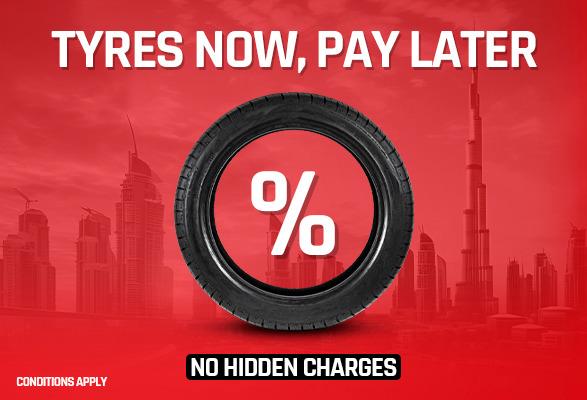Saudi Arabia Leads the Charge for Electric Vehicles in the Middle East
Saudi Arabia's investments in electric vehicle (EV) production are expected to reach $50 billion over the next decade. According to a new study by Goldman Sachs, EVs will make up about half of the recent car sales worldwide by 2035.
In the Middle East, the market is still in its infancy, but the global rollout of new EV models is accelerating its adoption in the region as governments and consumers embrace the transition away from the internal combustion engine. This is mainly driven by national commitments to accelerate the transition from fossil fuels to renewable energy sources to achieve net-zero targets within the coming decades.
The increasing focus on EV adoption, including in the Arab Gulf states, will need to be accompanied by the increase of charging stations to give EVs an acceptable range and to incentivize consumers to buy electricity.
Currently, Elon Musk’s Tesla brand leads the Middle East EV market, among the other electric car models that can be found in the region including the MG ZS EV, Renault Zoe E-Tech, and the Volvo XC40 Recharge Pure Electric, alongside the recently launched Swedish brand, Polestar. Although there is increased competition, government incentives, and falling prices of battery-related products and vehicle components making EVs more affordable, the Gulf countries still need to increase the number of charging stations available for these new vehicles.
The Middle East and African EV market was valued at $40.25 million in 2021 and is expected to reach $93.10 million by 2027, registering a compound annual growth rate of more than 15 percent during the forecast period, according to market research firm Mordor Intelligence.
Sales of zero-emissions vehicles have since bounced back worldwide, doubling in 2021 from the previous year, marking a new record at just under 7 million cars — equivalent to 10 percent of all car sales, according to the Global EV Outlook, published by the Electric Vehicles Initiative.

In the UAE, eco-friendly or hybrid vehicles make up some 50 percent of the Dubai RTA’s taxi fleet. A five-year plan has been launched to have only hybrid, electric, or hydrogen-powered taxis on the emirate’s roads by 2027.
The UAE also plans to host the UN Climate Change Conference, COP28, in November, coinciding with its “Year of Sustainability.” The region’s first mobility company and self-drive super app, Ekar, has added 10 Teslas to its fleet available for rent in Dubai and five additional Teslas available in Abu Dhabi’s Masdar City. According to Vilhelm Hedberg, founder, and CEO of Ekar, there are fewer moving parts in an EV compared to an internal combustion engine car, which has many opportunities for failure, maintenance, and issues to arise, making the vehicle off-road time much lower in EVs.

Despite the challenges, the market for EVs is expected to grow across the region, driven largely by the continued government-led reforms, specifically in building infrastructure to allow consumers to travel long distances.
According to Tom Lee, managing director of MG Motor Middle East, the education of consumers in the region has rapidly increased, driven by GCC countries’ renewable energy plans and the drop in the price of electric vehicles. The Middle East is “heading in the right direction” with EVs, says Hedberg.
The news has been outsourced from the "Arab news" website.








































